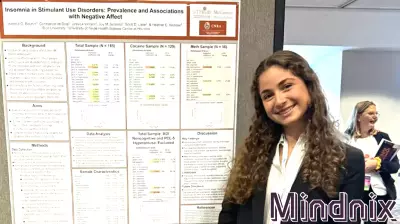Prioritize Your Time Off: A Key to Avoiding Burnout
April 6, 2025 - 00:33

Taking time away from work is essential for maintaining mental health and overall well-being. Many employees hesitate to use their vacation days, often feeling guilty or fearing that their absence will disrupt workflow. However, stepping back from daily responsibilities can lead to significant benefits, including reduced stress levels and increased productivity.
Regular breaks allow individuals to recharge and return to their roles with renewed energy and creativity. Studies show that those who take their allotted vacation days are less likely to experience burnout and more likely to contribute positively to their teams. Moreover, time off provides an opportunity to gain new perspectives, fostering innovative ideas that can enhance work performance.
Employers should encourage their staff to utilize vacation days, creating a culture that values work-life balance. By prioritizing time away from work, employees not only improve their own well-being but also contribute to a more dynamic and effective workplace. Don’t let the fear of falling behind keep you from enjoying well-deserved time off!
MORE NEWS

February 25, 2026 - 00:30
Rewired: How the Digital World Reshapes the Human BrainThe impact of our digital lives on the brain is a complex tapestry, not a simple story of harm or benefit. Emerging perspectives suggest that digital engagement, particularly among the young,...

February 24, 2026 - 00:52
Day in the life: Health sciences senior follows research toward clinical psychologyIsabella Bourtin, a health sciences senior, exemplifies the determined focus required to navigate a significant academic shift. Once firmly on the pre-med track, she has successfully pivoted her...

February 23, 2026 - 01:31
Toxic People Makes Us Age FasterThe emotional toll of difficult relationships is well-documented, but new research indicates the damage may be more than skin deep, potentially accelerating the biological aging process. A recent...

February 22, 2026 - 01:17
From Psychology to the Runway, Purpose Takes Center StageFor Lisa Jacovsky, a recent runway appearance during New York Fashion Week was far more than a fashion statement. Recognized as a `Queen of Impact` on the catwalk, the moment served as a powerful,...